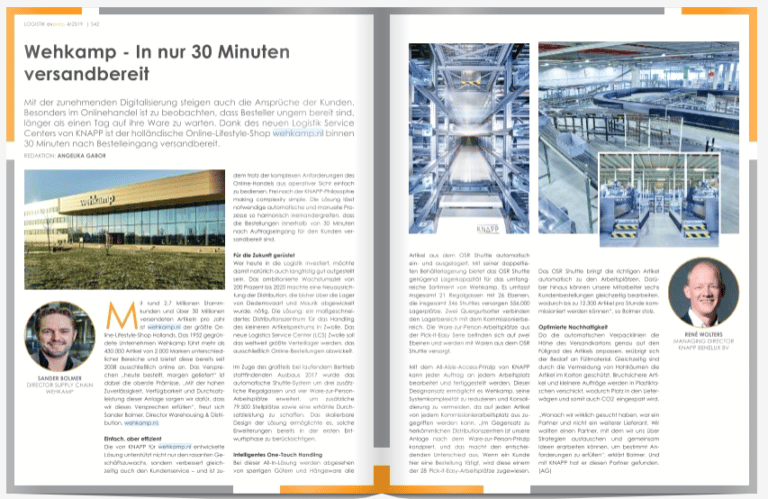JAL Group Announces Financial Results for the First Three Quarters of FY2011
The JAL Group (JAL) reported financial results for the reporting period of April 1 to December 31, 2011, the first three quarters of the fiscal year ending March 31, 2012.
JAL continued to review aircraft scheduling on each route and enforced measures to increase revenues while examining every cost category to achieve greater cost reduction, such as in fuel costs. As a result of these efforts, JAL was able to achieve a net income of 146bn yen based on operating revenue of 909.1bn yen, operating expense of 747.4bn yen and operating income of 161.6bn yen.
For international passengers, capacity declined year-on-year by 21.2% when measured in available-seat-kilometer (ASK), and demand declined year-on-year by 27.5% in terms of revenue-passenger-kilometer (RPK). Revenue from international passenger operations for the first three quarters of the fiscal year was 288.9bn yen, representing 31.8% of total revenue.
In cargo sales, JAL promoted its expertise in carrying temperature-controlled, high added-value goods, such as pharmaceuticals through Haneda airport. As a result of the suspension of freighters and large capacity cuts, many of which took effect in October 2010, the comparative volume of international cargo transported in this reporting period in revenue-cargo-ton-kilometer (RCTK) declined by 44.2% in comparison to the same period in the last year, and JAL logged a revenue of 40.6bn yen in this segment.
Domestically, JAL made efforts to meet the demand for air transportation of cargo, which had shifted from surface transportation after the Japanese earthquake. From July, JAL carried perishables especially from Hokkaido, Kyushu and Okinawa, and made full use of the belly space of extra passenger flights operated at the year-end to capture peak domestic cargo demand. While capacity, in terms of available ton-kilometer (ATK), decreased by 22.5% due to the downsizing of network and aircrafts, the volume of domestic cargo transported in the first three quarters on a consolidated basis in RCTK terms declined year-on-year by 13.8%, and revenue generated from domestic cargo operations was 19.1bn yen.
Quelle: eyefortransport
Portal: www.logistik-express.com


